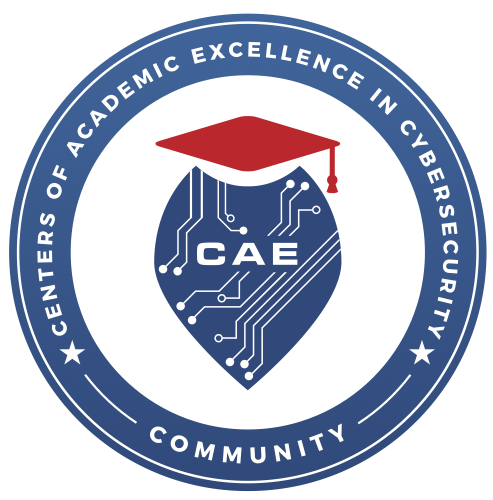Home | Advancing Technology Degrees | Technology Forensics
A technology forensics specialist is an information technology professional who supports the military, corporate, law enforcement and legal communities in the investigation and analysis of digital data.
Students in the Technology Forensics degree program will learn methods to obtain and document digital information, determine how information was compromised, trace attribution of malicious code and reverse engineer data to develop mitigations and countermeasures.
UAT's Technology Forensics degree will prepare students to anticipate new and emerging technologies so they can be successful within the rapidly evolving digital forensics environment and the increasingly complex threat landscape.
Graduates from the Technology Forensics program will have both the technical skills for recovering evidence and the presentation skills to provide both detailed technical and summary data to interested parties. Above all, this program will focus on learning the highly technical and cutting-edge technologies affecting IT systems today and tomorrow.
Check out some of this semester’s Technology Forensics courses and gear up for fresh challenges. Unlock new skills and power up your education.
This course covers the essentials of computer forensic investigations and the evolution of computer forensics. It will explain various modes of attack, examples of cyber crimes, the reasons for cyber attacks, the role of computer forensics in tracking cyber criminals and computer forensics methodologies.
A firm grasp of basic file systems and structures is a key to the success of a forensic investigator. This course provides an overview of fundamental file structure concepts. This is the foundation of knowledge for file systems and structures that will be the cornerstone for understanding future forensics courses.
This course will provide the skills, tools and knowledge necessary to choose the proper tool to examine various operating systems. It will explore operating systems from a forensic point of view. Topics covered in this course include examining Windows, UNIX, Linux and Mac operating systems with a key focus on areas of persistence, malware locations and important data locations for each OS. The course will guide students through the popular forensic tools used with each operating system and case examples.
This course provides the skills necessary for students to find, analyze and categorize zero day malware compiled for specific attacks/victims. The course uses actual malware and a variety of tools currently used by practitioners. The course focuses on real-world examples of malware utilized by the Advanced Persistent Threat (APT), the effect on the enterprise and methods for mitigations.
Evidence can be found on handheld devices such as cell phones and tablets. This course will provide the skills, tools and knowledge necessary to seize, image, examine and build cases for handheld devices. It will explore the latest mobile phone technologies, flash memory C36and along with the tools that can be used to extract information from these devices.
Today’s enterprises implement a variety of equipment within their infrastructures. A successful computer forensic candidate must have the skills necessary to understand topologies and protocols. This course will provide the skills, tools and knowledge necessary to identify and gather evidence on a network.
Educating the next wave of innovators, our faculty leverage their experiences to mentor students to lead innovations and solve challenges in advancing technology.
UAT’s Synchronic Learning model provides an education framework that prepares superior graduates to become tomorrow’s innovators. This model embodies UAT’s methodologies, curricula and community dedicated to fostering an environment of innovation that promotes demonstrated mastery and job readiness.
How does UAT prepare superior graduates? Students are required to participate in projects that solve real problems. UAT requires students to innovate and create a working proof of concept that’s never been done before. Students complete internships, community projects and apprenticeship experiences to cultivate their ability to succeed in the workplace.

Network Security curriculum certified by the US National Security Agency's Information Assurance Courseware Evaluation program
